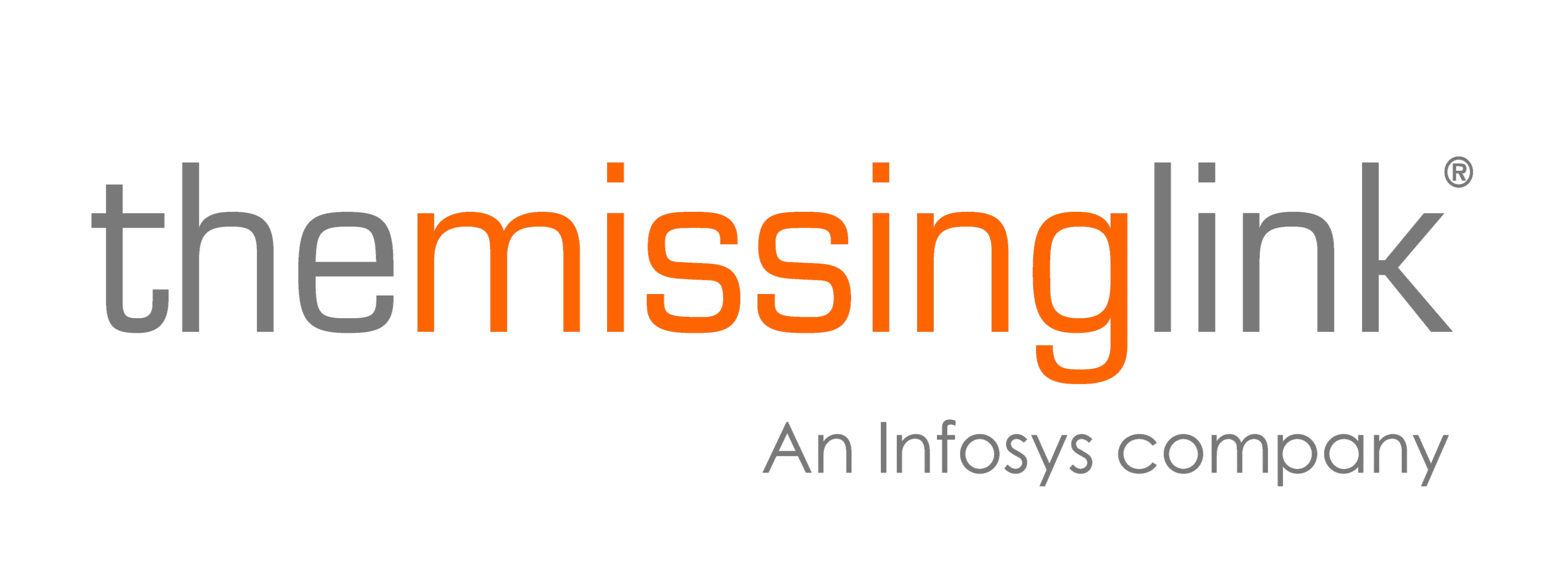The Neural Link | Edition 1
Welcome to the first edition of the Neural Link, featuring the most compelling stories shaping the AI landscape today.
This month, we explore the evolution of AI from abstract ideas to practical tools that are not just impacting how we work, but how we automate. Anthropic's latest AI, which can control computers directly, marks a major leap, surpassing the early promises of Robotic Process Automation. We'll also examine Australia's growing need for tech skills, AI's controversial use in political campaigns, and the Nobel Prize recognition for AI pioneers who laid the foundation for these technologies.
In addition, we highlight Google's NotebookLM update, which transforms note-taking into podcast-like audio experiences, and OpenAI's introduction of Canvas, a new way to collaborate with AI. These innovations underscore AI's growing role in enhancing productivity and creativity, offering new ways to interact with information and streamline tasks.
We hope this journey into the latest AI advancements sparks your curiosity and offers valuable insights. Let's dive into these pivotal developments and explore what they mean for the future of AI.
Anthropic's Claude 3.5 Sonnet with Computer Control
Anthropic has introduced Claude 3.5 Sonnet, an AI model that can perform human-like actions on a computer, signalling a major evolution in automation.
This development feels like science fiction, but it's now a reality. Imagine your computer autonomously completing tasks for you. It's exciting but also a little unsettling, depending on your perspective on automation and control. Traditionally, we've used Robotic Process Automation (RPA) to automate tasks, but it requires significant effort to define each process. With this new AI, you simply provide the desired outcome, and it handles the work. This approach has the potential for a much greater impact, is less vulnerable to system changes, and can even be more self-correcting.
OpenAI and Google have hinted at similar projects, but Anthropic is the first major AI player to make this technology available. Stay tuned for more developments!
- Why it's exciting: The potential for automating mundane digital tasks, allowing humans to focus on more complex work, is huge.
- Why it's concerning: From an organisational control and governance perspective, enhancing productivity must be balanced with maintaining security. Without appropriate safeguards, this technology could be misused, leading to significant risks. Additionally, the potential for rapid job displacement is a growing concern.
OpenAI's hint at their version
https://gizmodo.com/openai-wants-to-control-your-computer-1851240566
Google's Jarvis coming soon
The Generative AI Landscape Shifted Dramatically In 2024: A Skills Shift Perspective
Generative AI is now being used weekly by nearly three-quarters of executives, marking a sharp increase in adoption compared to last year, according to a new study. The rapid adoption of generative AI reflects a growing comfort among executives, a trend that parallels Australia's need to boost AI skills to stay competitive in the global market. The Australian workforce must be ready for this transformation, as generative AI continues to shift business dynamics at an accelerating pace.
This isn't just a small uptick—it's a tidal shift. Executives went from treating generative AI as an experiment to embracing it in day-to-day operations. It's a strong indicator of where the market is headed.
This surge in generative AI usage is a clear signal that it's becoming part of business culture, not just technology culture. The skills and infrastructure to support it will be key in the coming years.
... but Australia Needs to Boost its AI Skills
Australia faces a significant tech skills gap, needing 1.3 million workers by 2030, and slow AI adoption poses challenges to staying competitive.
Australia is at a crossroads: embrace the future and reskill, or risk being left behind. This is about staying relevant globally, not just about jobs. To lead, Australia must double down on AI education and inclusion. This is a competitive necessity, not merely a workforce issue.
In our AI training and roundtable events, we typically poll attendees at the start to gauge AI usage, and we are seeing more hands raised each time. However, at a recent CFO event, fewer than a quarter had used tools like ChatGPT, with one person comparing it to 'another Y2K'—a concerning perspective. In contrast, during a guest lecture at a Sydney tertiary institution a week later, every single student had used ChatGPT. We cannot wait for the next generation; leadership must embrace AI now to stay competitive and ensure progress.
AI-Generated Political Campaigns
The Liberal Party has launched Australia's first AI-generated political ad, featuring a deep fake, highlighting innovation and raising ethical questions.
AI-generated political ads represent a new intersection of technology and politics. They are highly effective, but the ethical boundaries are blurred, particularly with deep fakes influencing public opinion. This is a critical moment for political transparency, and we urgently need robust regulations to balance innovation with accountability.
Nobel Prize for AI Pioneers
John Hopfield and Geoffrey Hinton have won the Nobel Prize for their foundational work in AI, which has shaped modern technology and inspired future developments.
Hinton and Hopfield's recognition is well deserved, as they are true pioneers in AI. However, they have also consistently warned about the potential dangers of unchecked AI development. Their achievements highlight the massive potential of AI, but also remind us to approach AI advancement with caution, balancing innovation thoughtfully to prevent unintended consequences.
Google's NotebookLM update: Make your own podcast episodes from multiple data sources
Google has updated its AI note-taking and research assistant, NotebookLM, to allow users to guide AI-generated audio conversations and focus on specific topics. This new feature transforms how users can interact with their notes, making it more than just storage—it becomes a means to consume information in engaging, podcast-like audio formats. The ability to customise audio summaries lets users tailor the content to their needs, enhancing the value of their information. That information can include documents, PDFs, YouTube links, and copied and pasted notes.
This update is high-impact not only for how notes are stored but also for how information is consumed. Imagine listening to an AI-generated podcast based on your own research content—this is a game-changer for both productivity and learning. I encourage you to give it a try.
Not to be left behind, Meta promptly announced its competing open source product, Notebook Llama which isn't quite as slick (yet) which signals that this is a hot competitive space for AI use.
Google's NotebookLM has updated Audio Overviews with the ability to focus on a specific topic in the given content and has introduced a NotebookLM Business pilot program for organisations.
OpenAI Introduces Canvas: A New Way to Collaborate with AI
OpenAI has launched Canvas, a collaborative tool that allows users to interact with ChatGPT in an entirely new way. Canvas is designed to let users edit, revise, and refine their work directly within a collaborative space, making it ideal for projects that require dynamic iterations. You can guide AI to assist with writing, coding, or brainstorming, offering a more interactive and fluid experience compared to traditional interfaces.
Canvas takes AI from basic prompts to an interactive workspace where you can easily organise and refine ideas. We used it in the production of this newsletter, collaborating, moving sections around, and editing text within the workspace. If you’re on a paid ChatGPT plan, give Canvas a go by selecting "ChatGPT-4 with Canvas" as your model.
Other News in AI
- The U.S. Treasury Department leveraged AI to recover over $4 billion in fraud prevention.
- Amazon and Google announce nuclear investments to support energy needs for AI and data centers.
- The Pentagon expresses interest in creating undetectable AI deepfakes for government use.
- OpenAI announces an image generator that is 50x faster.
- Midjourney plans to let anyone on the web edit images with AI
Conclusion
That's it for this month's AI Insights! We hope these stories sparked some curiosity, excitement, or even concern about where AI is headed. We aim to bring you the most thought-provoking developments and make sense of how they affect you and your work. Stay tuned for more insights next month as we continue to navigate this fascinating landscape together.
If you'd like to be part of the conversation about how AI can be deployed at your business, join us on our webinar later this month.
Let us know your views and feedback and share this if you've liked it.
Matt and Ben
Want more? Contact mdunn@themissinglink.com.au to discover how you can partner with AI and automation experts who understand your business needs and industry challenges. You can also subscribe to The Neural Link, our monthly newsletter filled with the latest trends and insights in AI and automation.
Author
AI is changing the way businesses operate, and as Head of AI & Automation at The Missing Link, I help organisations harness its full potential. With a background in commercial consulting and intelligent automation, I’ve guided companies in streamlining operations, reducing inefficiencies, and embracing AI-driven innovation. Before joining The Missing Link, I led an automation start-up to profitability and have since trained over 2,000 professionals in generative AI, including Microsoft Copilot and ChatGPT. I’ve also authored books on prompt engineering. When I’m not exploring AI’s capabilities, you’ll find me enjoying yoga, golf, or making my daughters laugh.




